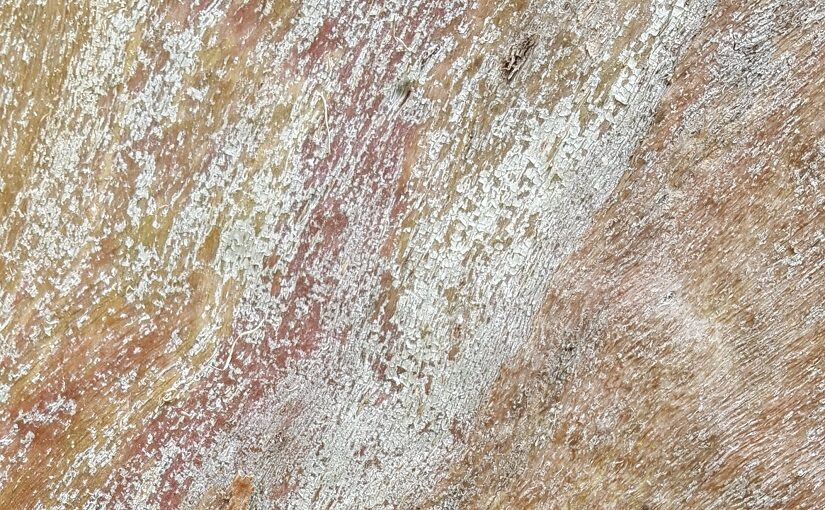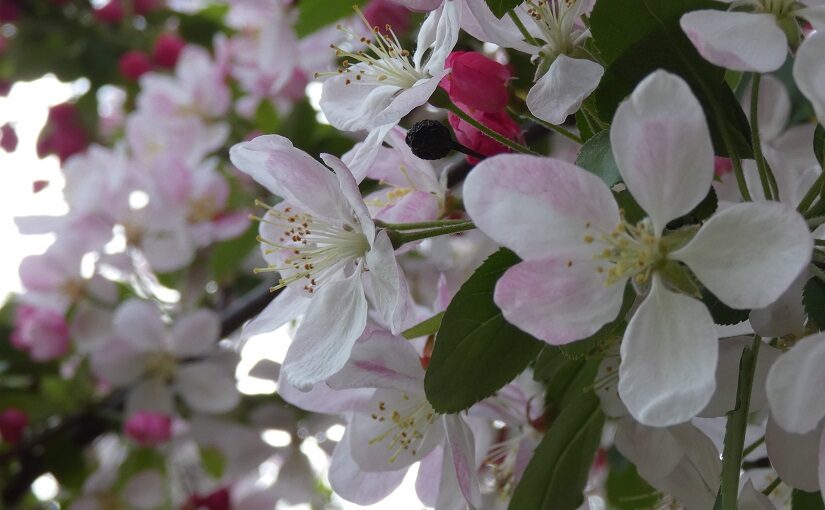Until we figure it out, are we destined to be carrying things round with us? All the experiences, lessons, words, judgements, relationships, hopes, expectations, regrets, wounds, feelings and memories bound up within us or bubbling to the surface at a moment’s notice. As if life is all “in there” – every moment lived, all we experienced then or experience now as we revisit things.
As if “to be human” is to have our lives furled up within us: everything leaving its mark as it touches our consciousness, just as we, through our actions, are making impressions on the world. Isn’t it all there? Likely to be sparked off by all we innocently encounter each day as sights, scents, words or situations prompt things to rise once again to the surface. As if we live in both the present and in unbidden recollections of the past.
And doesn’t it tend to compound? As, each time we encounter something “similar”, we impose our remembered conclusions on “it” just as it’s adding further layers of confirmatory experience to our past. We “must” meet life with all we’ve “learnt” to that point: reading and reacting to things based on whatever we’ve known as true so far.
This sense in which we already have something in mind – our thoughts and emotions are primed to respond in certain ways, stemming out of all our lives have given us. As if we’re all loaded guns, stacked high with all the positive or negative experiences we’ve accumulated over time as we’ve lived alongside others in an imperfect world. (Notes One)
It’s incredible to imagine all anyone’s been through: all the formative childhood experiences, systemic exchanges, cultural pressures, affirmations or rejections at the hands of others. All that’s passed through each mind in light of each day’s events as the sense of their own worth is reflected, upheld or denied by the environment surrounding them.
What are we to make of it all? As individuals living through it, how are we to manage the strange billowing up of “life” yet respond to the present in ways that resolve rather than compound our struggles? Collectively, how are we to manage living alongside others who are going through such difficulties? Responding, hopefully, in ways that don’t make matters worse. (Notes Two)
Is it possible to make “life” a path of resolution? For us not to be leaving negative impressions and always be allowing their release. Otherwise, might this not simply compound forever? Layer upon layer of hurt people hurting others or responding in hurtful ways. Everyone punishing everyone else for any pain they’ve suffered and conclusions they drew about their own value, that of others or the value of life itself.
Sometimes it seems “society” – in all its systemic and personal complexities – is like a bomb we need to defuse. As if the past, with all its layers, has left us holding so many things we now need to resolve, let go of and heal if this isn’t to only get worse.
Notes and References:
Note 1: Does anything exist in isolation?
Note 1: Value in visible impacts
Note 1: The struggle with being alive
Note 1: All we want to do passes through community
Note 1: Complication of being human
Note 2: We’re all vulnerable
Note 2: Living as an open wound
Note 2: It resonates, but should it be amplified
Note 2: Personal archaeology
Note 2: Imperfection as perfection?










